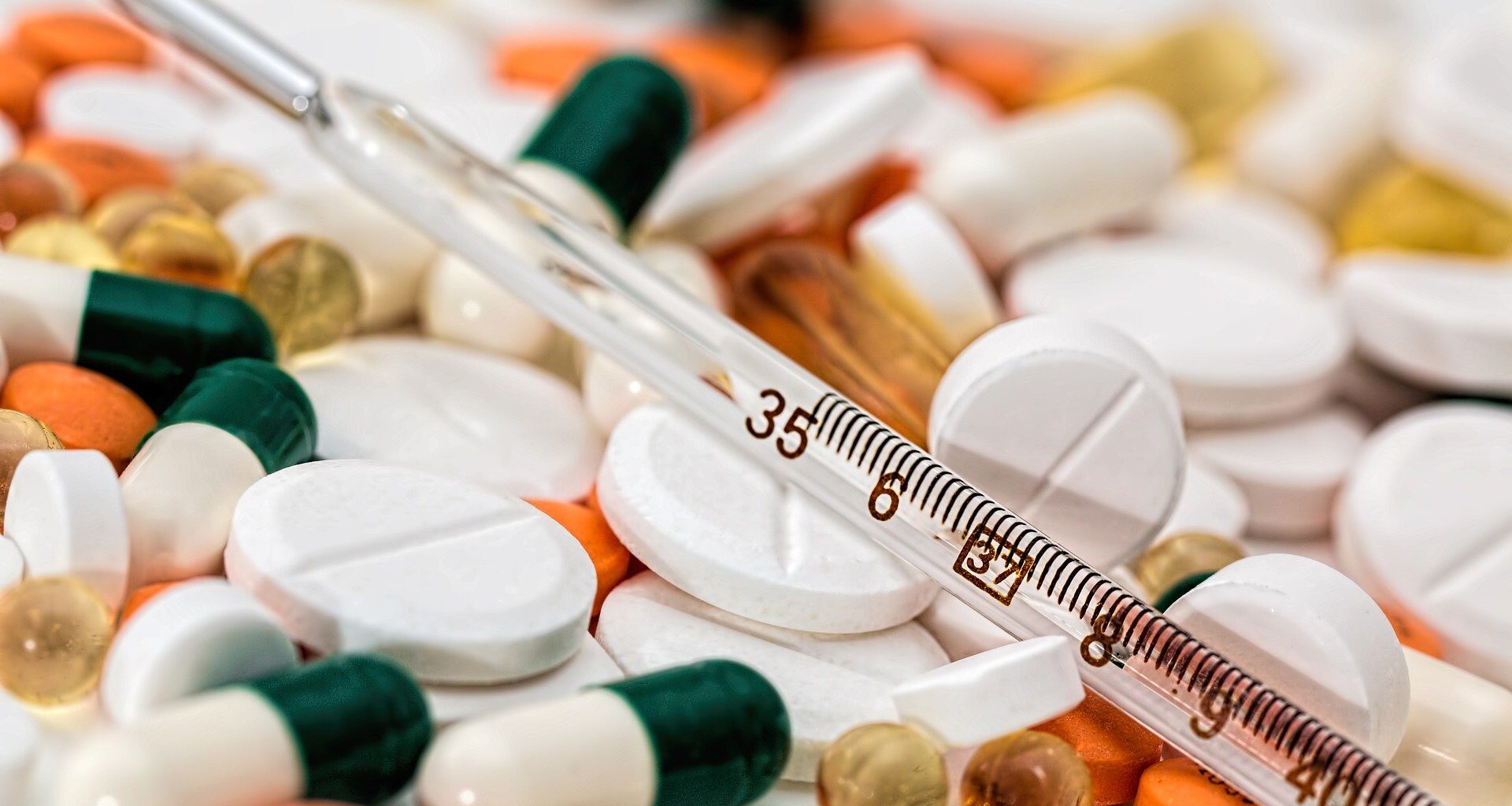Today, the International Society for the Study of Women’s Sexual Health (ISSWSH) published an in-depth, detailed evidence-based, peer-reviewed international guideline on how healthcare professionals should administer testosterone to postmenopausal women. Although women naturally produce significant quantities of testosterone from puberty on, by the time they reach menopause, about 50% of their body’s testosterone has been lost. Such deficiency leads to reduced muscle mass and strength, increased body fat, and not infrequently to the sexual dysfunction commonly referred to as lost libido.
For years, men have had many FDA-approved testosterone therapies, including less expensive generics. Women still have no FDA approved options. Against this void of FDA-approved options for women, healthcare professionals have devised many schemes to address their patients’ testosterone needs. These include using custom-compounded therapies warned against by the FDA and men’s products “off-label” in women which may not be prescribed correctly.
Unfortunately, these approaches can result in significant androgen excess side-effects like acne, facial hair, voice changes, and balding. Some of these unfortunate outcomes are irreversible. Today’s publication is so important that it appears simultaneously in three academic journals: The Journal of Sexual Medicine, the official journal of the International Society of Sexual Medicine (ISSM) and The International Society for the Study of Women’s Sexual Health (ISSWSH); Climacteric, The official Journal of the International Menopause Society (IMS), and The Journal of Women’s Health, the official journal of the Academy of Women’s Health and the American Medical Women’s Association.
About ISSWSH: The International Society for the Study of Women’s Sexual Health (ISSWSH) is a multi-disciplinary society dedicated to providing opportunities for communication among scholars, researchers, and practitioners about women’s sexual health; supporting the highest standards of ethics and professionalism in research, education, and clinical practice of women’s sexual health, and providing the public with accurate information about women’s sexual health. ISSWSH has taken on the challenge of teaching clinicians about women’s sexual health, following the mandate of the World Health Organization (WHO) that all women deserve good health, including sexual health.







